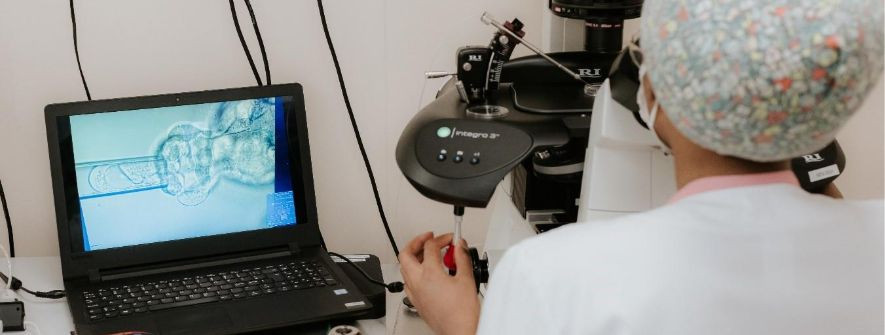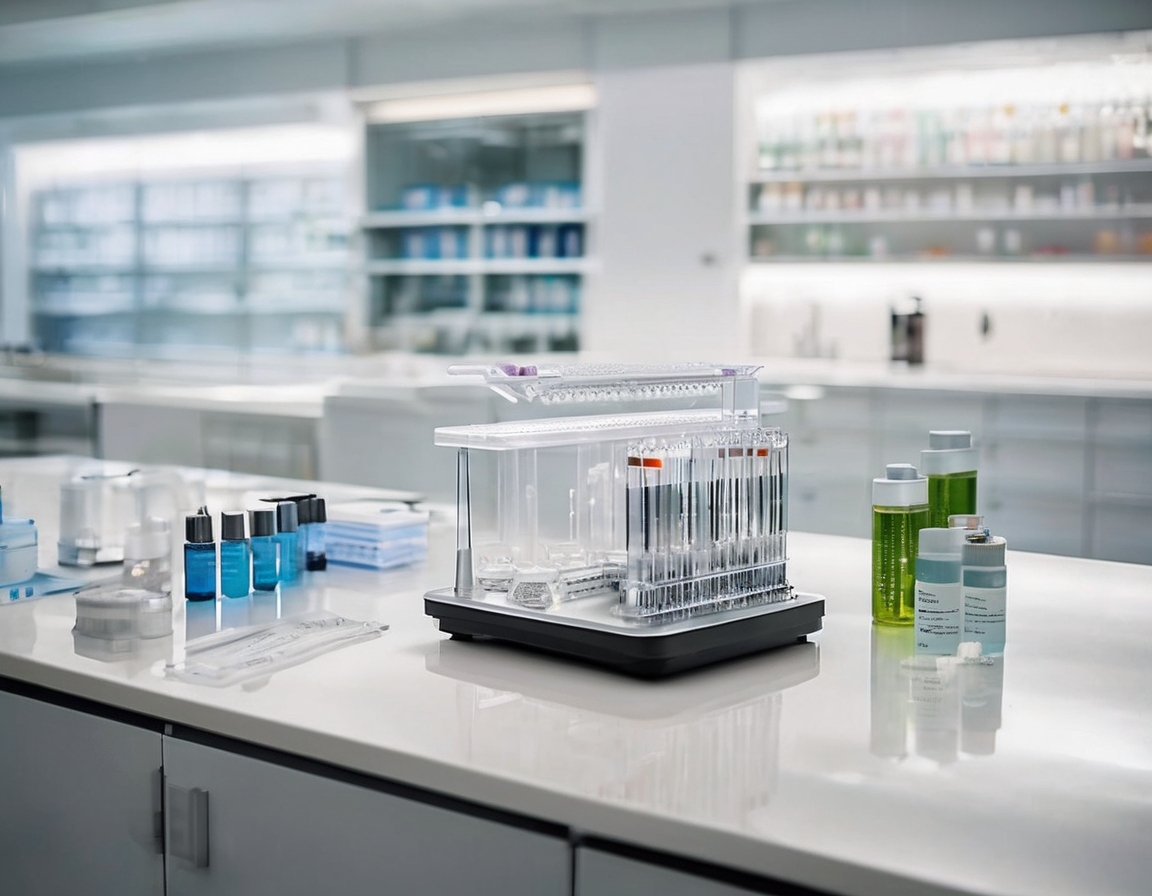How embryodiagnostics can ensure a healthy pregnancy
In the journey towards parenthood, ensuring a healthy pregnancy is paramount. With advancements in medical technology, embryodiagnostics has emerged as a pivotal tool in achieving this goal. This blog post delves into how embryodiagnostics can play a crucial role in ensuring a healthy pregnancy, offering peace of mind to prospective parents.
The Importance of a Healthy Pregnancy
A healthy pregnancy is essential not only for the well-being of the baby but also for the mother. It reduces the risk of complications during childbirth and ensures that the child has a strong start in life. For individuals and couples facing fertility challenges, the assurance of a healthy pregnancy is even more significant.
What is Embryodiagnostics?
Embryodiagnostics refers to a set of diagnostic procedures used to assess the health and viability of embryos before and during pregnancy. These techniques are designed to detect genetic abnormalities and other potential issues that could affect the pregnancy or the health of the baby.
Types of Embryodiagnostic Techniques
Preimplantation Genetic Testing is a procedure used during in vitro fertilization (IVF) to analyze the genetic material of embryos before they are implanted in the uterus. This testing helps identify genetic disorders and chromosomal abnormalities, allowing for the selection of the healthiest embryos.
Non-Invasive Prenatal Testing is a screening method that analyzes small fragments of fetal DNA circulating in the mother's blood. It is used to detect certain genetic conditions, such as Down syndrome, with high accuracy and without posing risks to the pregnancy.
Benefits of Embryodiagnostics
One of the primary benefits of embryodiagnostics is the early detection of genetic disorders. By identifying potential issues early on, parents can make informed decisions about their pregnancy and prepare for any necessary interventions.
Embryodiagnostics can significantly increase the success rates of IVF by ensuring that only the healthiest embryos are selected for implantation. This reduces the likelihood of miscarriage and increases the chances of a successful pregnancy.
With the insights gained from embryodiagnostics, healthcare providers can offer personalized care tailored to the specific needs of the pregnancy. This ensures that both the mother and the baby receive the best possible care throughout the pregnancy.
How Embryodiagnostics Works
During PGT, a few cells are carefully removed from the embryo and analyzed for genetic abnormalities. This process is typically performed on embryos created through IVF, and the results guide the selection of embryos for implantation.
NIPT involves taking a blood sample from the mother, which is then analyzed for fetal DNA. This test is usually performed after the 10th week of pregnancy and provides valuable information about the genetic health of the fetus.
Choosing the Right Embryodiagnostic Services
When choosing embryodiagnostic services, it is important to consider factors such as the expertise of the medical team, the technology used, and the level of personalized care offered. Prospective parents should seek services that align with their values and needs.
Expert guidance is crucial in navigating the complexities of embryodiagnostics. Healthcare professionals can provide valuable insights and support, helping parents make informed decisions about their reproductive journey.







Comments (0)